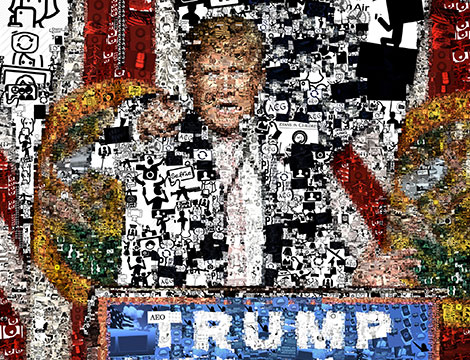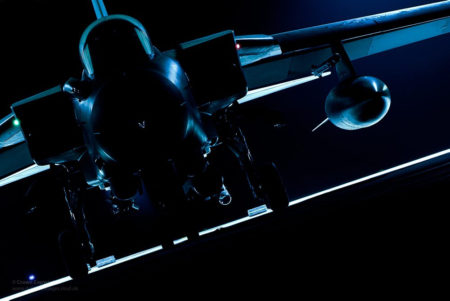
This article was published by the European Council on Foreign Relations (ECFR) on 16 February 2017.
The five forces that are ‘liquidising’ global security.
As the liberal order frays and geopolitical competition returns it is natural that people turn to Henry Kissinger. No one has a more finely-grained understanding of power politics, and his treatise on World Order sits on the bed side tables of many global leaders (even if few have actually read it).
But Kissinger’s ideas of order represent an impossible aspiration in the world of ISIS and fake news. They are designed for a slower world and powerful states, rather than our age of permanent uncertainty, rapid change and disruption.
Many traditional concepts – even well-tested ones – have been overtaken by events. Deterrence, alliances, even diplomacy seem out of fashion; old certainties are gone. Kissinger’s order was based on two pillars: legitimacy and balance of power. The defining moment of his world view was the Peace of Westphalia. He laments the disappearance of the split between domestic and foreign policy. But, in spite of the return of power politics, the world is not Kissingerian any more.




